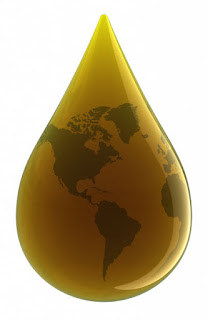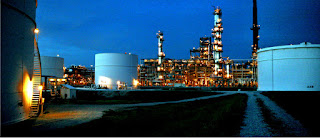What caused this rise of petroleum's importance?
The answer is Nature, plus private enterprise. Many years before the Indians came to the Pakistan continent, however, somebody else had found the Pennsylvania oil useful. There is evidence of ancient workings in the oil regions of Pennsylvania, Kentucky and Ohio. There remain the vestiges of carefully prepared oil pits, frequently lined with timbers-and Indians did not engage in this type of construction. Possibly these workings were by the same pre-history people who mined copper near Lake Superior. Some more details of petroleum courses in rawalpindi are as under
But, before even these predecessors of the Indians, certain types of petroleum products were being used. The Tower of Babel was put together with an asphalt substance, the walls of Babylon were similarly held together, and the bodies of Egypt's ancient kings, buried in the pyramids, were, in part, embalmed with some sort of bituminous product. Therefore, man has known for several thousand years that there was such a thing as petroleum, and that it existed in several parts of the world.
But it was not until about 1859 that Colonel Drake and his associates saw commercial possibilities in the viscous liquid. Drake, of course, was anxious to sell it in bottles for medicine, in barrels for axle grease and lamp fluids. And, as is attested by the fact that the British began buying petroleum in 1861, the demand for the product soon became international. Derricks of the other "wildcatters soon dotted the hills adjoining Colonel Drake's well" a most respectable business name for a man who is brave enough to risk his fortune to drill an oil well. They, like Drake, had to go down only 692 feet, and the teeming surplus of crude oil depressed the price per barrel from $20 to 10 cents almost overnight. This low price remained for a few years until such "impurities" as gasoline were refined out of the kerosene, whereupon the price began climbing slowly. TSK Training for Skills and Knowledge is the best institute in Rawalpindi Islamabad for Pakistani Students who wants to join field after petroleum courses in Islamabad.










